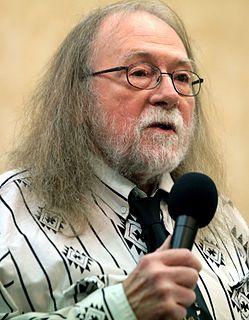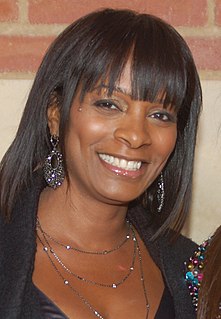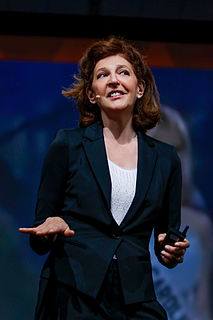A Quote by Mason Cooley
Sometimes I dread loneliness more than bores. Other times, the reverse.
Related Quotes
By sort of combining the research of a lot of smart people, I came up with an equation for dread [dread=uncontrollability+unfamiliarity+imaginability+suffering+scale of destruction+unfairness]. The dread equation is a simplification, but it's a way to explain why we fear something so much when it is so unlikely. Part of it is the lack of control. That's why we're more scared of plane crashes than car crashes even though we know rationally which is more dangerous.
There is no such thing on earth as an uninteresting subject; the only thing that can exist is an uninterested person. Nothing is more keenly required than a defence of bores. When Byron divided humanity into the bores and bored, he omitted to notice that the higher qualities exist entirely in the bores, the lower qualities in the bored, among whom he counted himself. The bore, by his starry enthusiasm, his solemn happiness, may, in some sense, have proved himself poetical. The bored has certainly proved himself prosaic.
The person in peak-experiences feels himself, more than other times, to be the responsible, active, creating center of his activities and of his perceptions. He feels more like a prime-mover, more self-determined (rather than caused, determined, helpless, dependent, passive, weak, bossed). He feels himself to be his own boss, fully responsible, fully volitional, with more "free-will" than at other times, master of his fate, an agent.
I don't think I avoided being type cast, because I do sometimes get similar roles. It is not a bad thing because we are strong at what we are strong at, not meaning that we cannot do other things, but sometimes somebody else might bring a little more realism than you, because that is more of who they are than who you are. I do get a chance to play other people and other types of roles.
I have absolutely no pleasure in the stimulants in which I sometimes so madly indulge. It has not been in the pursuit of pleasure that I have periled life and reputation and reason. It has been the desperate attempt to escape from torturing memories, from a sense of insupportable loneliness and a dread of some strange impending doom.
Loneliness is different than isolation and solitude. Loneliness is a subjective feeling where the connections we need are greater than the connections we have. In the gap, we experience loneliness. It's distinct from the objective state of isolation, which is determined by the number of people around you.





































